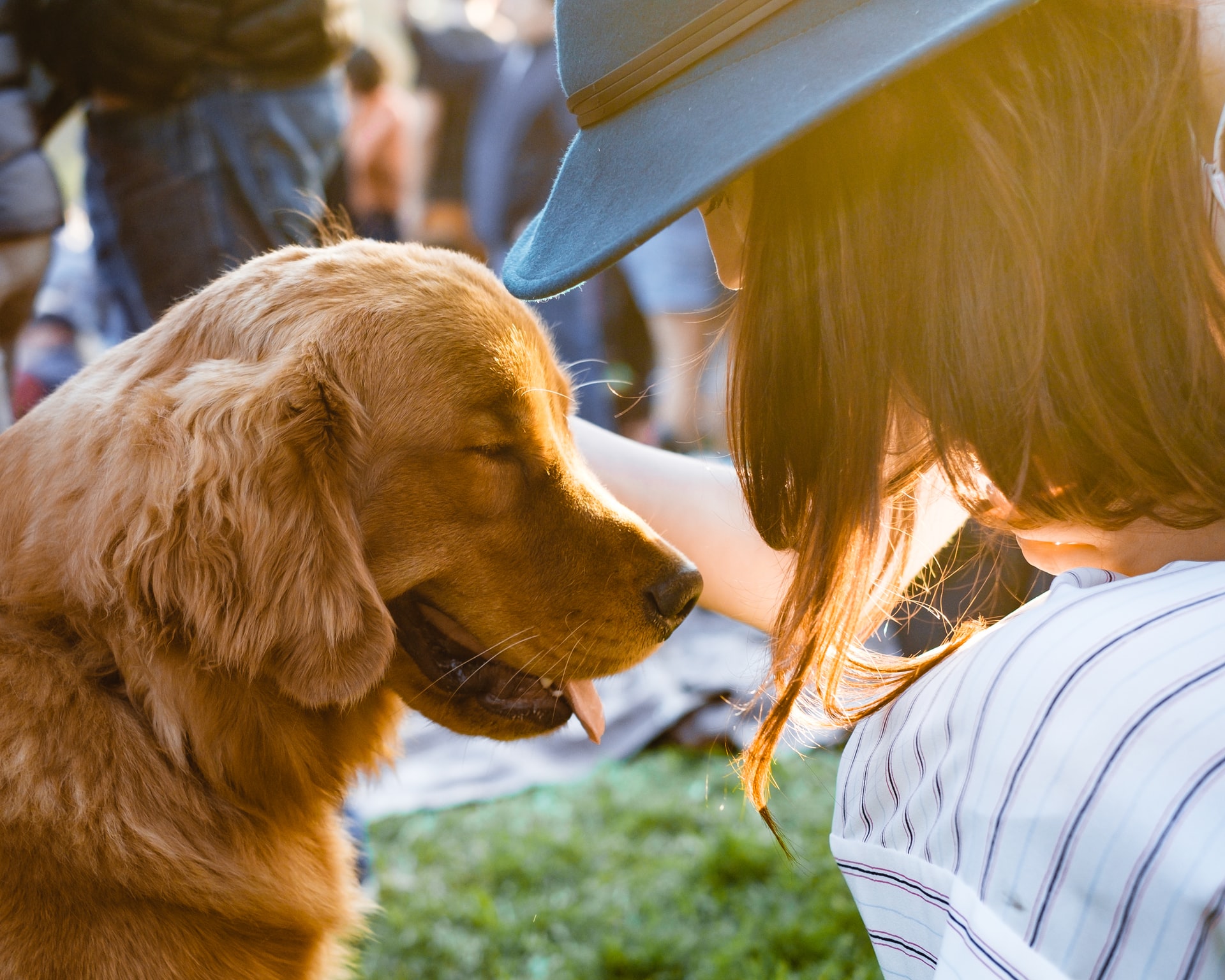Death is a subject that we typically avoid discussing. Many people find the subject upsetting, sad, and unsettling. It is, however, something that occurs to all of us, and as much as we would love to have our beloved companion animals by our sides forever, it is also something that, unfortunately, happens to them as well.
Pet parents may be concerned about how they will cope when that day arrives, while others may prefer not to think about it because it is too terrible to contemplate. Thankfully, developments in veterinary medicine allow us to keep our pets for far longer than we once could. This also means that many more companion animals are approaching their senior years, and their owners may face losing their pets. This terrible truth may also be met by owners of companions suffering from a chronic or terminal illness.
Being prepared for that inevitable sad day, on the other hand, may help us cope better with the loss when it occurs. This is especially true when it comes to preparing for the loss of a human loved one.
What does it mean to be prepared, though?
Being ready entails a variety of things. There are many ways to prepare emotionally, spiritually, and practically. Being prepared does not imply that you have given up, stopped caring, or lost love for your partner. It suggests you believe you are prepared, as sad and awful as it will be.
Prepare with these guidelines and resources.
I’m sorry, but I cannot provide you with a solution that will supply you with the recipe for dealing with death without agony. What I can do is present you with knowledge and resources that will assist you in coping with and preparing for this challenging time.
-
Spend time contemplating.
Reflecting on what your cherished companion means can help you prepare emotionally and spiritually. What are some of your favorite recollections from your time together, and what can you learn from their experiences here? Spending some time meditating on these events can assist you in making sense of the approaching loss.
-
Find creative ways to tell your goodbyes.
It’s a good idea to start thinking about how you’d like to say goodbye to your best friend. It might be difficult to make decisions like these on the day or immediately after your companion animal passes away, as it is a sad and traumatic moment.
-
Surround yourself with people who will support you.
Surround yourself with loving, caring, and accepting friends and family to help you prepare for this terrible day. Say that getting support can help you prepare for and manage the loss of a loved one. Speaking with friends and family about your feelings can help you find meaning in your imminent loss. Tell your friends and family what you need during this difficult time, whether it’s a shoulder to weep on, someone to distract you from your worries, or someone to accompany you to the vet.
-
If mourning feelings occur, acknowledge them.
Anticipatory grief is a type of grief that many people experience when they learn of an upcoming loss. As a result, you may experience grieving sensations such as sadness, anger, and guilt due to an impending loss. These are common emotions, and they can be challenging when combined with the emotionally complex duty of caring for an aged, terminally, or chronically ill pet.
-
Complete any outstanding tasks.
Another method to prepare for a loss is to accomplish undone tasks. Are there any things you wish you had told your pet but didn’t? Are there any activities you’ve always wanted to do with your partner but have never had the opportunity to do? Make a list of activities that you and your loved one can do together to make the most of their stay here.
-
Be present at the moment.
Anticipating the death of a cherished companion animal might cause us to lose sight of the opportunity to appreciate our time with them. This is especially true for people dealing with the emotional strain of caring for a companion animal with special requirements. If this is the case, set aside some time to sit with your mate outside of medication, toileting, bathing, and walking. Just be with them, look into their eyes, and pat their fur.
-
Obtain the assistance of your veterinary staff.
Your veterinarian and veterinary nurses can play an important part in assisting you in preparing for your loved one’s death. Make an effort to maintain open, collaborative, and continuing contact with the veterinary team caring for your cherished pet.
-
Animal bereavement support.
Seeking counseling from a mental health expert can also help you prepare for and cope with the death of a valued pet. Seek advice from professionals who are familiar with the human-animal bond. It could be beneficial to get assistance from someone specializing in animal loss and grieving.
Conclusion
We’re not very good at talking about death and grieving as a society. Faced with the impending loss of a pet, owners may feel an additional sense of loss or isolation and might feel unprepared to cope with the death of their beloved pet.




